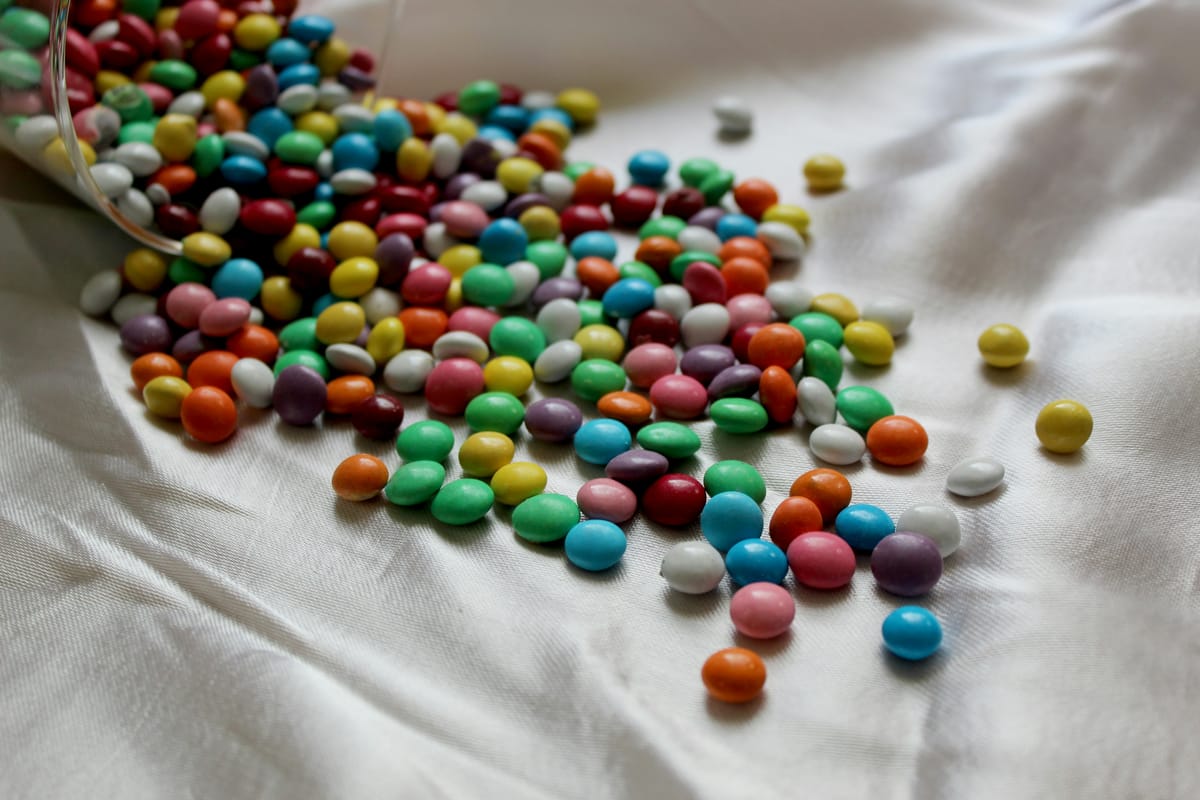Food Coloring Company Sues West Virginia Over New Ingredient Ban

CHARLESTON, W.Va. — The International Association of Color Manufacturers (IACM) has filed a lawsuit in the U.S. District Court for the Southern District of West Virginia, seeking to overturn a new state law that bans several artificial food dyes.
The lawsuit argues that the legislation violates both the West Virginia and U.S. Constitutions by taking authority away from the U.S. Food and Drug Administration (FDA) and interfering with interstate commerce. The IACM says the law causes economic harm to ingredient makers, food companies, and their customers without a rational or scientific basis for declaring the dyes unsafe.
Industry Group Cites Federal Oversight
IACM General Counsel John H. Cox said in a statement that the organization is asking the federal court to block enforcement of what it calls a flawed and unnecessary ban. He said the law targets color additives that no government agency or court has found unsafe.
Cox emphasized that IACM supports continued use of all FDA-approved color additives, including FD&C colors, which he described as well-studied and highly regulated. He said the West Virginia ban is not supported by scientific evidence.
Details of the Legislation
The challenged measure, House Bill 2354, was signed into law in March by Governor Patrick Morrisey. It bans the use of several common food dyes — Red No. 3, Red No. 40, Yellow No. 5, Yellow No. 6, Blue No. 1, Blue No. 2, and Green No. 3 — in school meals beginning in August.
By January 2028, the same dyes will be prohibited in all foods sold within the state.
The IACM contends that this ban conflicts with federal determinations that these dyes are safe. The group also argues that the law could create confusion for consumers and increase operational challenges for food manufacturers that distribute products nationwide.
Concerns Over Economic and Consumer Impact
According to the IACM, the FDA and other global health agencies have consistently found these color additives safe when used as directed. The group warns that bans on federally approved food ingredients could disrupt commerce, raise costs, and make it more difficult for companies to do business in West Virginia.
The lawsuit asks the U.S. District Court to strike down the legislation before its full implementation in 2028.
